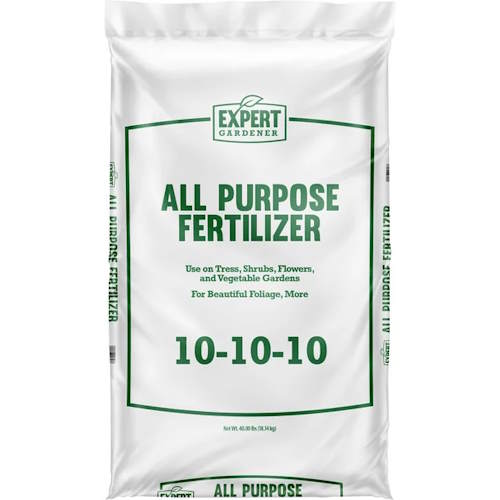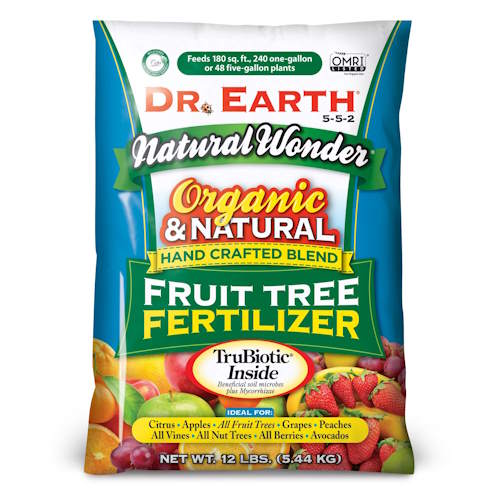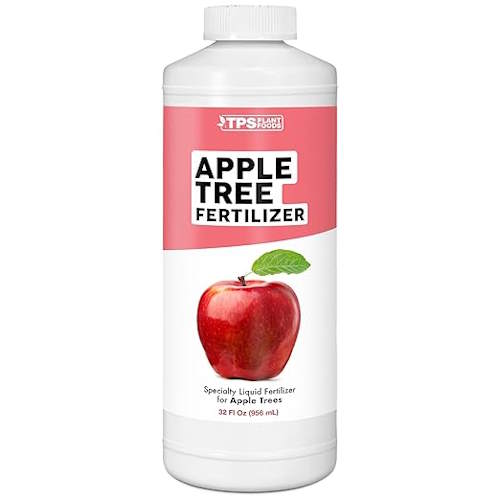How and when to fertilize apple trees to keep them strong and fruitful
Expert advice to feed apple trees young and old, along with how to pick the right fertilizer
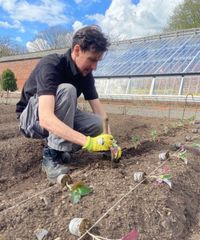
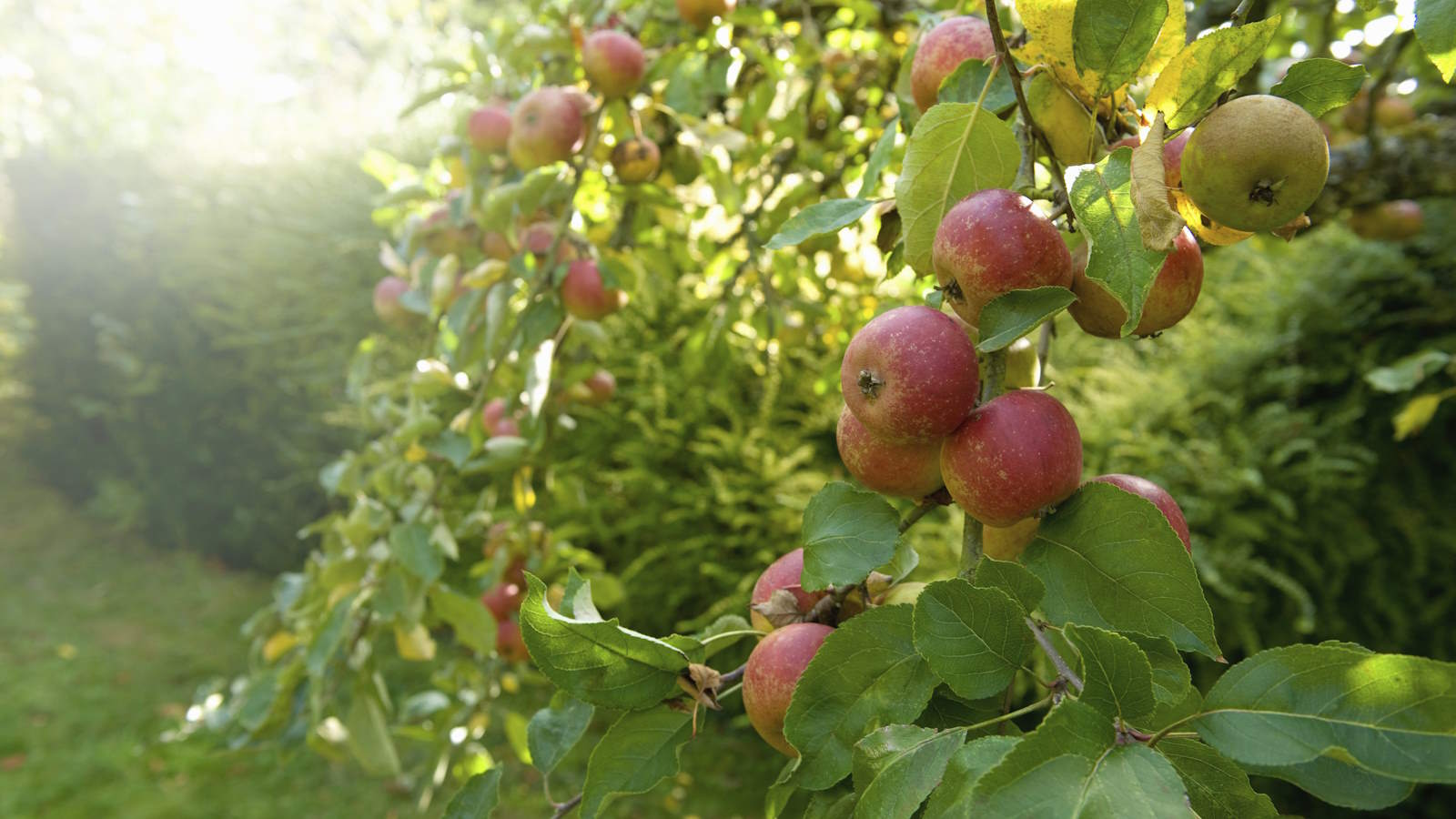
Design expertise in your inbox – from inspiring decorating ideas and beautiful celebrity homes to practical gardening advice and shopping round-ups.
You are now subscribed
Your newsletter sign-up was successful
Want to add more newsletters?

Twice a week
Homes&Gardens
The ultimate interior design resource from the world's leading experts - discover inspiring decorating ideas, color scheming know-how, garden inspiration and shopping expertise.

Once a week
In The Loop from Next In Design
Members of the Next in Design Circle will receive In the Loop, our weekly email filled with trade news, names to know and spotlight moments. Together we’re building a brighter design future.

Twice a week
Cucina
Whether you’re passionate about hosting exquisite dinners, experimenting with culinary trends, or perfecting your kitchen's design with timeless elegance and innovative functionality, this newsletter is here to inspire
Anyone with an apple tree strives for the best crop from their tree, whether to bite into a crunchy apple picked straight off the branch, store for a snack, or use it in cooking or baking.
Fertilizing apple trees is one key task that can help keep trees in great shape and they will reward you for that care and attention with the best crop of delicious apples year after year.
If you haven’t fed your trees until now, you may wonder when and how to feed your apple trees. To help you understand how to fertilize fruit trees in your backyard, we throw light on the best times of year to fertilize and also hear from experts about what types of feeds are best.
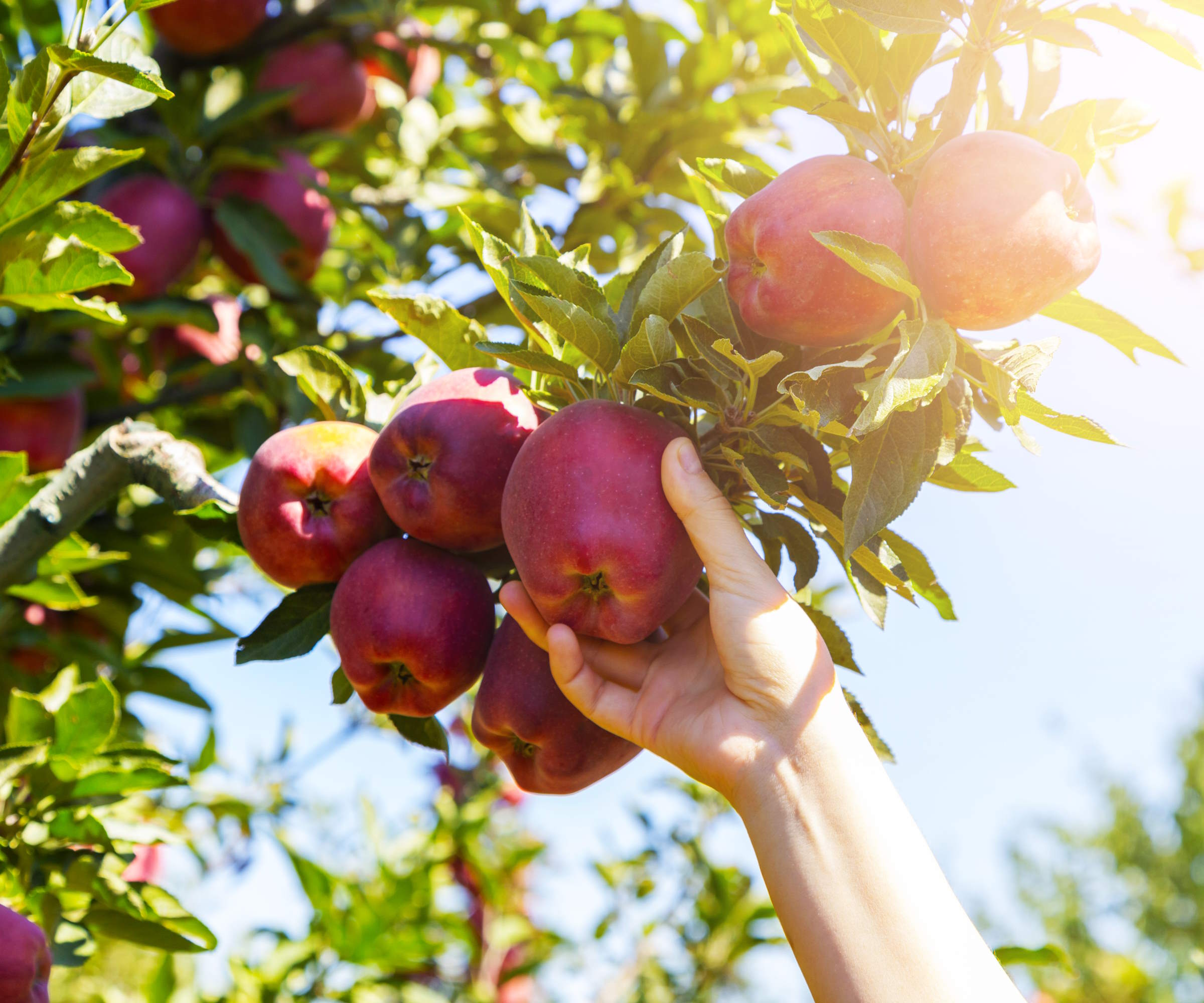
Fertilizing apple trees gives you a fantastic harvest
Why is fertilizing apple trees important?
All fruit trees need a lot of nutrients over their lifespan to grow strong and healthy and give you a top crop of fruits. It takes a huge amount of energy and nutrients each year to develop new growth and buds, produce blossom, and ripen fruits.
As well as keeping productive and looking at their best, a healthy apple tree given all the required nutrients is also in a stronger position to ward off pests and diseases. To keep an apple tree in tip-top shape, feeding should be a regular process as the tree grows to encourage this healthy growth, flowering and fruiting.
When to fertilize apple trees
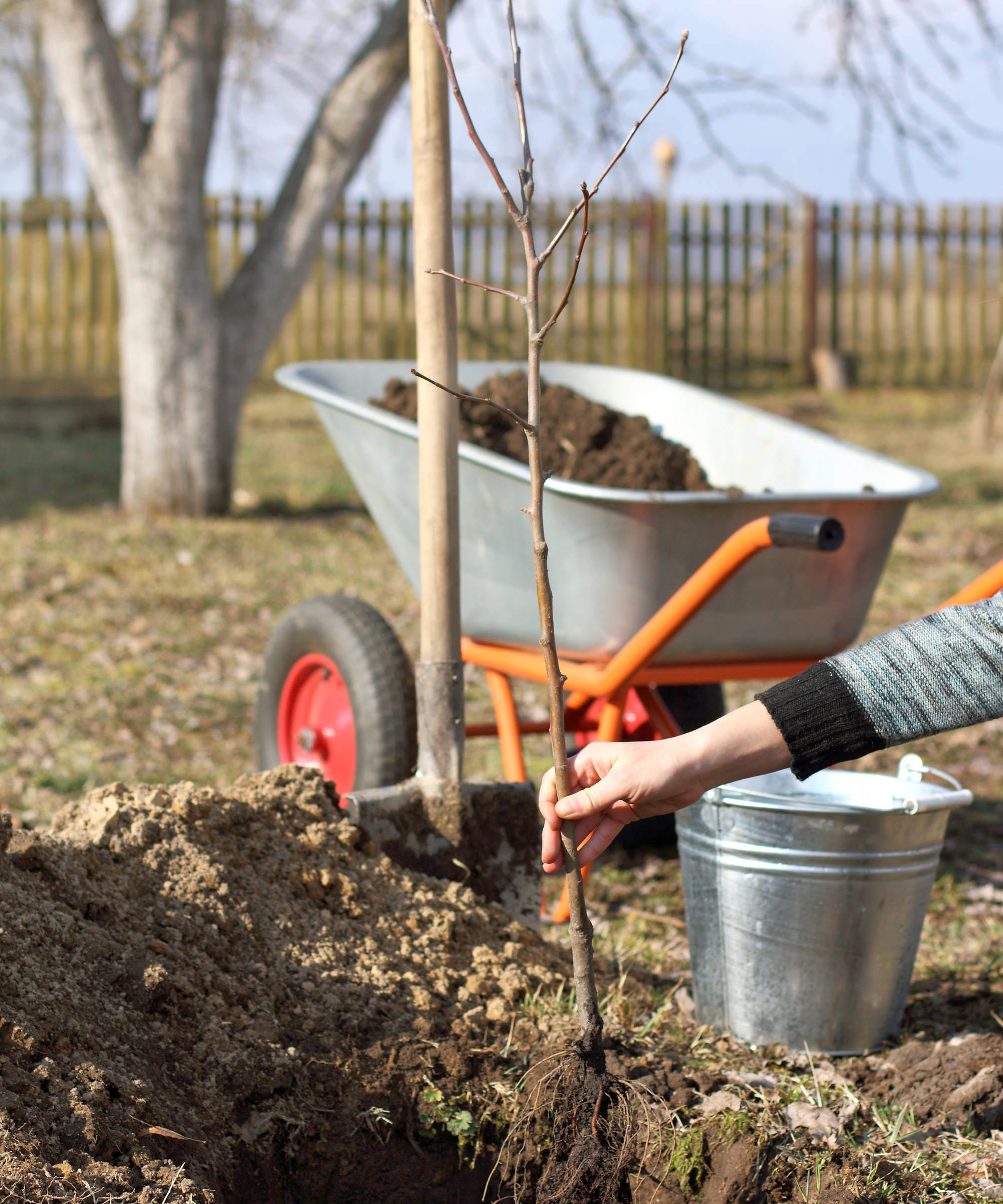
Feeding the soil benefits all apple trees
Established apple trees benefit from fertilizing in early spring as the new growth for the season is starting. It is a great time to provide the apple tree with a boost as they are beginning to grow and require valuable nutrients at this point. For a sign of when to fertilize fruit trees, keep an eye on when the buds start to break. The exact time the apple tree starts growing again will depend on your climate.
Sheryl Normandeau, experienced gardener and co-author of 'The Prairie Gardeners’s Go-To for Fruit' book, claims that many people choose to feed more than once, saying they ‘typically offer one application of fertilizer in April and another in May’.
Design expertise in your inbox – from inspiring decorating ideas and beautiful celebrity homes to practical gardening advice and shopping round-ups.
'A third application is usually done in mid-to-late summer to help boost fruit production,' adds Sheryl. It is not recommended to fertilize apple trees after the start of July unless to correct any particular micronutrient deficiencies found during the growing season - which can be done with a tailored feed in fall.
When you plant apple trees, it is best not to fertilize them until they have been in their spot for at least a year. Sydni D'Amico, plant expert for Fast Growing Trees, claims that giving them a year helps the young apple trees establish a good root system.
She explains: ‘Root system establishment is important before fertilizing because it allows apple trees to gain more anchorage into the soil, and efficiently uptake nutrients and water so they can eventually produce high yields of great quality fruit.'

Sheryl Normandeau is a Master Gardener and writer. She is the author of 'The Little Prairie Book of Berries' and the co-author of the Guides for the Prairie Gardener series of books - which includes 'The Prairie Gardener’s Go-To for Fruit', available at Amazon.
How to fertilize apple trees

Fertilizing apple trees helps keep them healthy and productive
There are choices to make for fertilizing apple trees, primarily down to the type as the feeds available are either organic or synthetic. Which to use is down to the gardener, however, there are pros and cons for both.
Synthetic fertilizers offer a fast boost of nutrients to apple trees, but those nutrients are lost from the soil quickly and require multiple applications over the season. Organic feeds have a wider range of nutrients and can boost soil health.
Sydni D'Amico claims organic fertilizers are a preferential option for apple trees, even though the nutrient makeup is often in lower concentrations than the synthetic ones. Despite not working as quickly, they do offer more benefits to the health of the tree and the soil over time.
‘Because these nutrients need to be broken down by bacteria and fungi before the plants can use them, organic fertilizers are more slow-released and last longer in the soil, requiring fewer applications,’ says Sydni.
‘Organic fertilizers also improve water movement in the soil, and over time, improve the structure of the soil. Since organic fertilizers feed microbes, they make the soil easier to work, making organic fertilizers a better option than synthetic.’
Apple trees have a large underground root system that runs wide and deep and you need to feed all of it. That means evenly applying any product over an area as wide as the tree’s canopy - commonly known as the drip line. The drip line of a tree is where the water drips after rain, that is the circular area you want to apply the feed over for the best effect.
As well as applying feed, mulching annually will also benefit the fruit tree as it helps the soil retain moisture, keeps soil healthy, and releases nutrients as it breaks down. An application of mulch such as compost, leaf mold, or straw should be done each winter as it will break down into the soil over the course of a year.

Sydni D'Amico is a plant expert at Fast Growing Trees. Her love of horticulture began at a young age in her father’s extensive vegetable garden. After graduating from Texas State University, she worked in various horticulture fields. She has hands-on experience in organic composting, organic gardening, fine gardening, and landscape design, along with a passion for plants.
How to pick the best fertilizer for apple trees
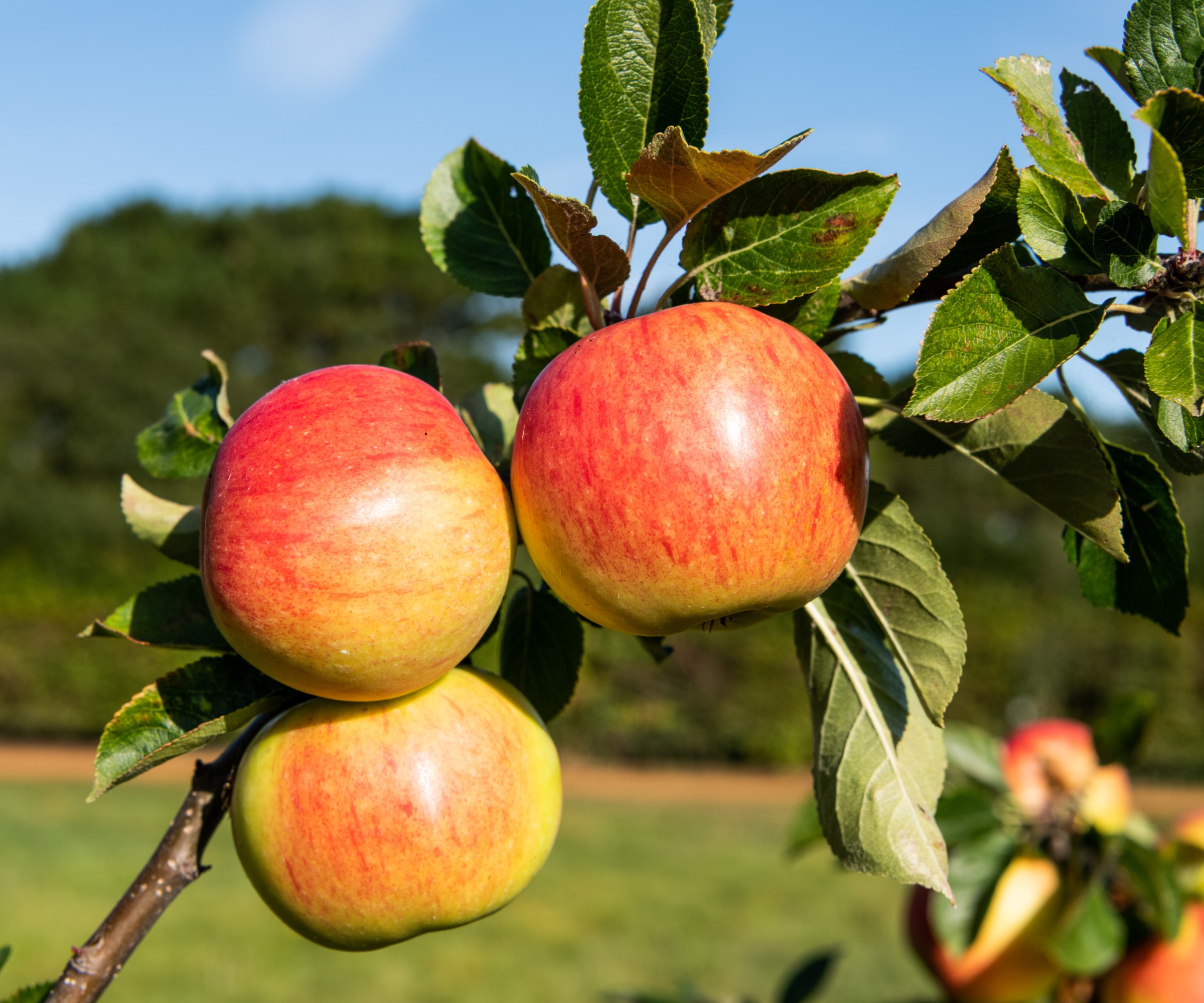
Fertilizers and mulches both play a part in caring for apple trees
The ideal fertilizer for an apple tree is a balanced all-purpose feed with a 10-10-10 ratio of nitrogen, phosphorus, and potassium. Other good options are fertilizers specially formulated for fruit trees with a balanced make-up of the three essential nutrients.
The important thing is that it is a balanced feed when you fertilize in spring, this provides equal amounts of nutrients to stimulate foliage, flower, and root growth. Organic matter such as compost can be one way to provide a fairly balanced and natural source of important nutrients.
It is key to do a soil test before planting an apple tree to identify any deficiencies in the soil ahead of time. Regular soil tests can also be taken throughout the tree’s life to help show the nutrient makeup of the soil and highlight any deficiencies that may affect the quality of the fruit.
When you feed a young apple tree - any tree under three years old - you want to adjust the type of fertilizer to provide the nutrients required for the rapid rate at which they will grow.
'At this stage in its life, an apple tree needs quite a bit of nitrogen, unless your soil is fertile and contains sufficient nitrogen,' says Sheryl Normandeau. 'As the tree matures and begins to bear fruit, you won't need to apply as much nitrogen, and a more balanced fertilizer that addresses all of the tree's macronutrient needs will be useful.'
If you are growing your apple tree in pots, they will benefit from additional fertilizer compared to plants growing in the ground. Any granular fertilizers applied in spring can then be complimented with a liquid feed during the summer, especially if the tree requires a boost of nutrients or shows signs of a lack of vigor.
Shop fertilizers for apple trees
FAQs
Is tomato feed good for apple trees?
A liquid fertilizer that is designed for growing tomatoes can be a good feed for apple trees in pots during the late spring and early summer. A balanced feed is ideal for apples in early spring. Tomato feed has a lot of phosphorus and potassium and can be beneficial in summer to help produce and ripen fruits. A product such as Miracle Gro Tomato Plant Food, available at Amazon, can be applied every two or three weeks during the summer.
Is bone meal good for apple trees?
Bone meal is an organic fertilizer that is a great source of phosphorus. It can be an ideal feed to use when planting apple trees as it helps promote the development of strong roots. Incorporating bone meal into the planting hole will benefit the growth of roots, especially if a soil test shows a lack of phosphorus in the soil. You can get bone meal at Burpee.
If you have a spring gardening checklist, fertilizing fruit must be included. It is not just fruit trees, as soft fruit also need feeding. Remember to fertilize raspberries, fertilize strawberries, fertilize blueberries, and any more soft fruit bushes you have, to get the best crop of berries that year.

Drew has worked as a writer since 2008 and was also a professional gardener for many years. As a trained horticulturist, he worked in prestigious historic gardens, including Hanbury Hall and the world-famous Hidcote Manor Garden. He also spent time as a specialist kitchen gardener at Soho Farmhouse and Netherby Hall, where he grew vegetables, fruit, herbs, and cut flowers for restaurants. Drew has written for numerous print and online publications and is an allotment holder and garden blogger. He is shortlisted for the Digital Gardening Writer of the Year at the 2025 Garden Media Guild Awards.
